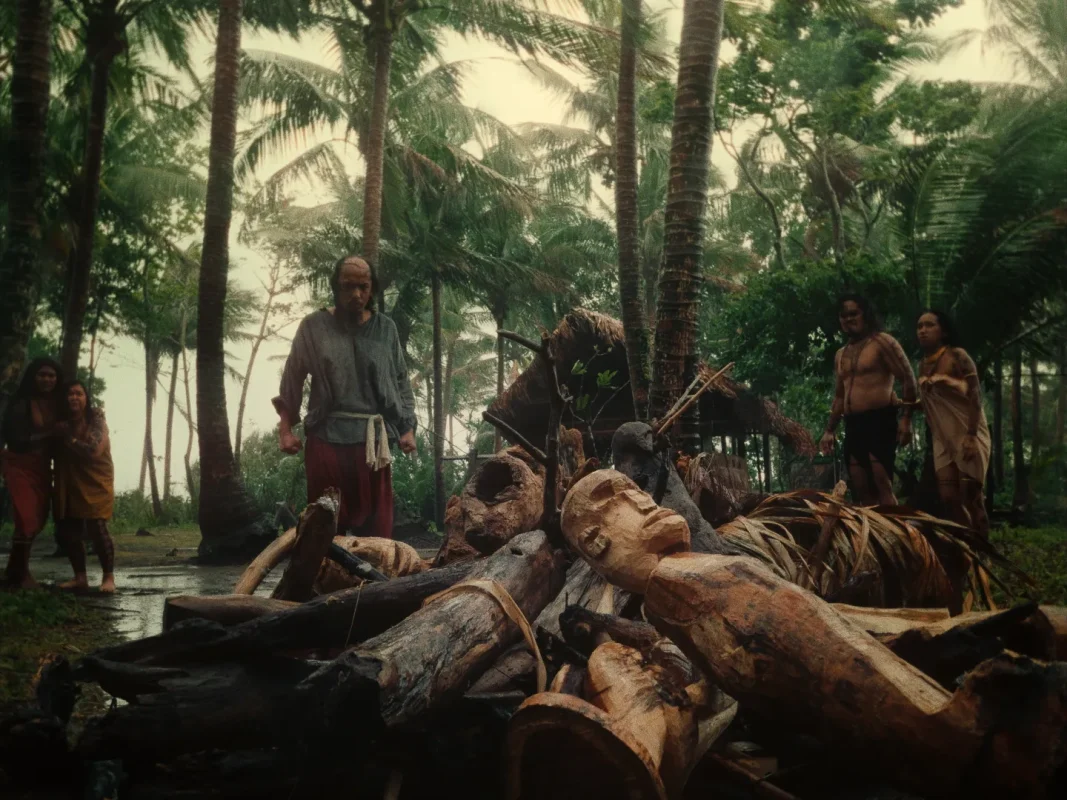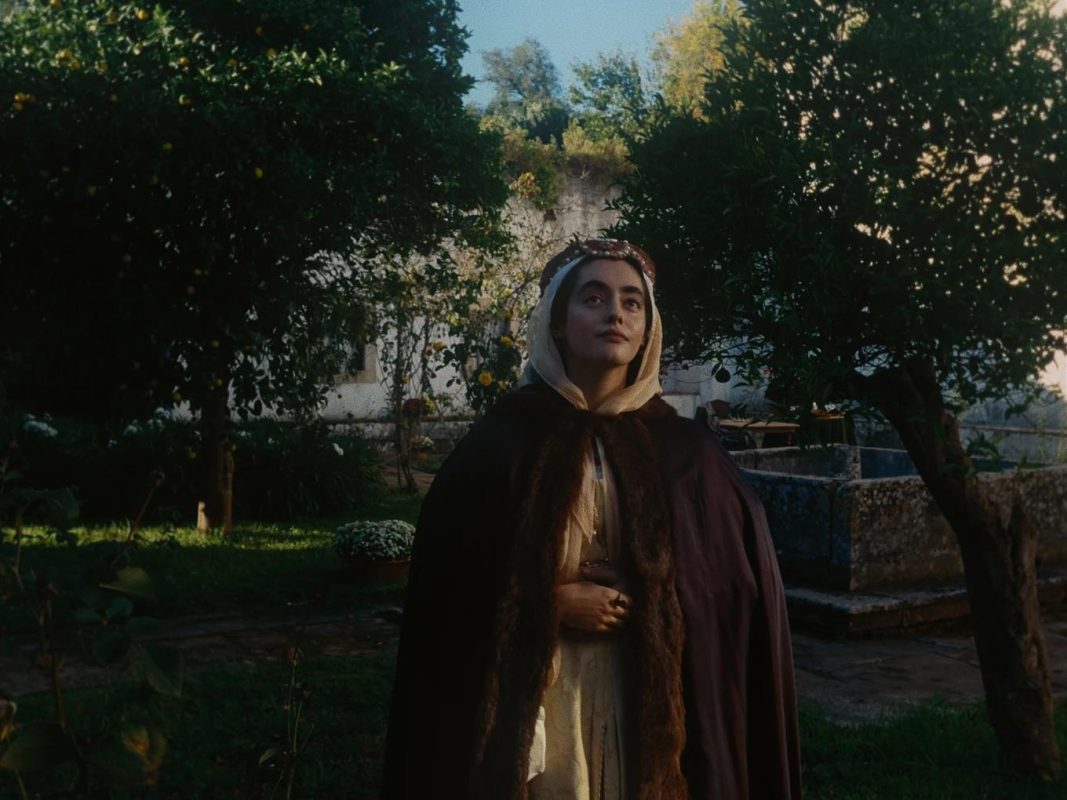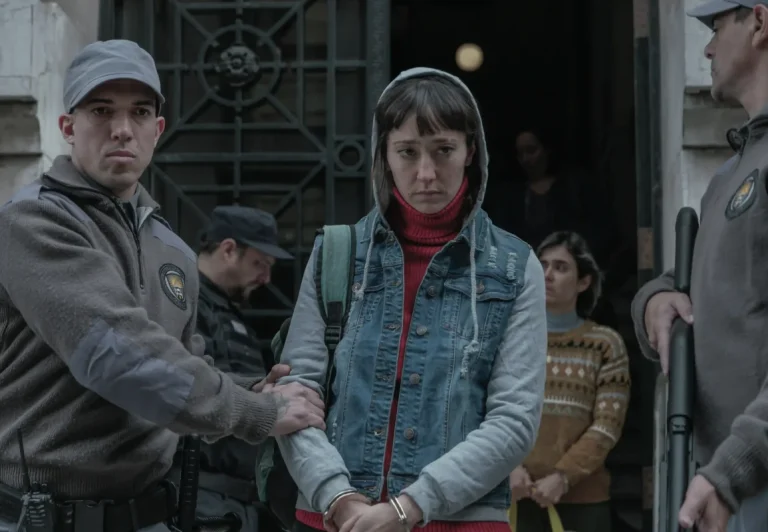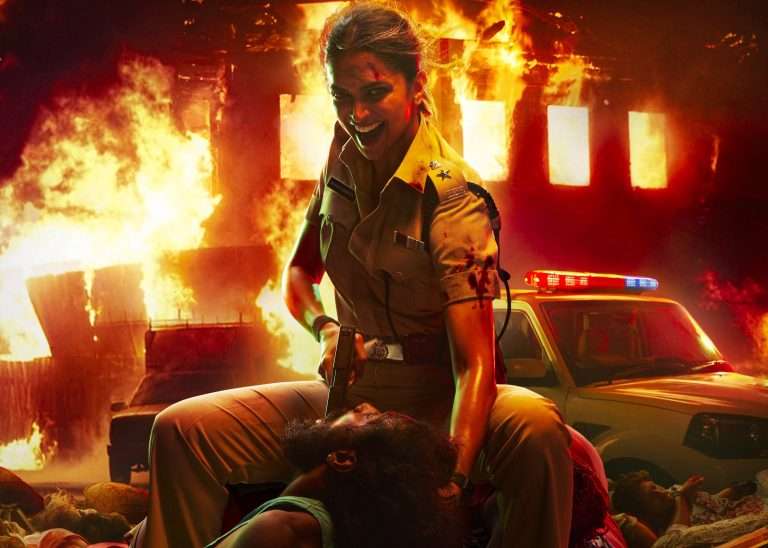Given the highly doctored ways in which European conquistadors are often described in both literature and educational curriculum, it is necessary for any creative interpretation to emphasize the darker aspects that are often ignored. Although there are certain historical landmarks that have been reclaimed, such as America’s new relationship with “Columbus Day,” there’s still a glaring discrepancy when it comes to the reputation of other notable explorers. Lav Diaz is not the type of filmmaker one might have expected to take on a historical adventure epic, and thankfully, there’s no degree of superficiality or lionization within his version of “Magellan” (“Magalhães,” 2025).
“Magellan” is a deliberate counterargument to any notion about the importance of European conquest, as it examines in stark detail how devastating these efforts were in reaping havoc on indigenous people. While this was necessary context to show, Diaz goes even further in examining the moral inadequacy of his subject, and subjects them to the types of misery that would never be cited in textbooks.
It’s an effective way to make a statement, as Diaz’s signature minimalism captured the vast emptiness that is often denied to films set during this era in world history. That being said, Diaz’s concepts are fairly well understood early on, and “Magellan” often becomes grueling to experience.
Gael Garcia Bernal stars as Ferdinand Magellan, the Portuguese explorer who earns the respect of King Manuel I after his service in the Battle of Malacca in modern-day Malaysia. After several false starts, Magellan convinces the monarchy to fund his ambitious expedition to the island of Cebu in the Philippines, where he intends to start a colony and forcefully “civilize” the natives.
Although Magellan’s trip was always going to end in violence of some form, the barriers faced by his crew throughout their mission become more grating and intolerable as they continue. The hellish trip not only leaves Magellan’s crew forced to become brutal, but also forces them to question why they’ve considered conquest to be their destiny.

Although there have been other anti-conquest films like “Aguirre, the Wrath of God” or “The New World” that reckon with the xenophobic, fascist attitude of explorers, “Magellan” is deliberately framed to avoid any instances of spectacle. Diaz chooses to depict the ravaged aftermath of battles rather than the actual conflict, and often cuts away from moments of violence so that the implication becomes more powerful.
The result is a film that uses minimalism in a nearly Tarkovsky-esque approach, with scenes dragging on to emphasize the dearth of meaning in Magellan’s efforts. It’s a strong point, but one that becomes derivative. Although Diaz is able to effectively criticize both the ethics and competency of Magellan and his followers, his efforts to subject the audience to uncomfortable moments of torment are often needlessly provocative.
Also Read: The Long Slow Cinema of Lav Diaz: 10 Best Movies
There was perhaps an ironic intention of casting Bernal, an actor of effortless charisma, as a steely leader who seems to have barred himself from having any notable expressions. Even the romance between Magellan and his captive bride, Enrique (Amado Arjay Babon), a child he captured in Malacca, is muted in order to point out that he views her as a prize, and not an object of affection.
While this may have helped recontextualize the distorted perception of colonial romance brought upon by Disney’s “Pocahontas,” the film is ultimately unable to commit to this concept because Enrique doesn’t have any interiority. In declining to break from his stark realism, Diaz denies the film an opportunity to empathize with the victims.
This is a recurring issue throughout the film, as Diaz’s depiction of the Cebu natives is almost derisively voyeuristic. Although the film goes to great lengths to examine the culture and practices of these tribes, they still fill a role in the story where they’re saved for the final moments, in which they’re locked in combat with Magellan’s men.
Despite the efforts Diaz took to show how mismanaged Magellan’s voyage was from the beginning, there’s still an inherent empathy that comes with spending time with characters. Although the barbarity that Magellan’s crew resorts to is self-imposed, it is still suggested that there’s a component of tragedy.

The length of “Magellan” becomes a burden not because of its gradual progression, but because of the absence of insight Diaz has into the various atrocities committed. Although the film briefly touches on the hollowness of religious justifications of conquest and the violence LGBTQ acts are treated with, there’s no deeper examination of how these have infected Portuguese culture. The lack of context on broader European politics may have felt deliberate, but it does give the narrative of “Magellan” a feeling of isolation that isn’t always effective.
The production aesthetics of “Magellan” can certainly not be held against it, as Diaz finds nuances within the various indignities that are inherent to such a doomed voyage. The locations are immaculate, and the depiction of nature feels non-stylized, as the few moments of “Magellan” that find serenity are those that explore natural processes. The use of the 1.33:1 aspect ratio is also a compelling decision, as it reclaims the boxed-in form of historical portraits to create a dizzying, disconcerting effect.
“Magellan” is appropriately muted and at times quite profound, as Diaz is certainly able to stoke historical anger. Yet, the film is often less than the sum of its parts, as a series of increasingly miserable scenarios does not congeal into any dramatic structure. The near-constant level of despair results in a film that is intended to be endured, which is likely what Diaz intended. However, the lack of differentiation means that there is little learned in the final hour of the film that wasn’t already established in the first.
It may seem odd to say that a film as antagonistic, caustic, and emotionally withdrawn could be “noble,” but Diaz deserves credit for the totality of his vision. By using components of classical epics to tear down the mythologization of history, Diaz has made a profound statement within an impeccably crafted film. That being said, the intentions and aspirations of “Magellan” are more commendable than its final form, which is, for better or worse, an absolute slog.







